When someone asks you what kind of ammunition that you want to use, you’re likely to tell them that you want to use whatever will cause the most damage to someone attacking you. Maybe you’ll research it in the same exhaustive detail that my teenage son researches video cards so that his next video game will play better (which is to say: a lot).
And, maybe you’ve decided that you want to use .38 Magnum or .40 caliber ammunition or some specialty ammunition.
But a writer going by the name of ralphmroz has a different perspective for you to consider. Here’s what they have to say:
True, if you want to see how much destruction a round is likely to do on average in many actual shootings over time, [shooting gelatin blocks] can provide a rough correlation [with shooting people].
But we don’t care about damage; we care about causing the bad guy not hurting us. And here we are dealing with actual, motivated human beings. We want them to break contact (to quote Claude Werner), not die. I believe that most of the serious researchers have come to the conclusion that there’s almost no difference in handgun calibers towards this end (breaking contact), which means that there’s almost no difference in the particular round you carry in a particular gun.
Ralphmroz continues:
So I don’t obsess over the particular round in my .38 snubby or my 9mm pistol. In fact, I don’t really want what the data would tell me is the “best” – which usually means the most destructive – round, because this round is likely to be one that’s either exotic or not in widespread use. Instead I want a round that is in widespread use, particularly by law enforcement agencies, and issued by my state’s state police if possible. I don’t want an unusual round in my gun for the same reason I don’t want handloads. This just opens the door to a slimy prosecutor arguing, “The rounds that our state police carry weren’t deadly enough for Mr. Mroz – he had to manufacture his own super-deadly rounds in his basement [or seek out exotic super-deadly rounds from the merchants of death that sell such things].”** If I’m in court, it’s because either the facts of the shooting weren’t clear (as they often aren’t) or because the prosecutor is out to get me (as they often are, either to make some bones or because they hate guns). In either case I don’t need to give them extra ammunition (pun intended) by my choice of it.
Every justified self-defense shooting involves survival of two kinds: during the fact of the attack, and after in court. If there’s almost no difference in round effectiveness in the former (breaking contact), why stack the deck against myself in the latter?
Ralphmroz has a point. Why look for some kind of specialty ammunition that might be difficult to find and that may be difficult to defend in court when you can find something inexpensive and common that will do the job of getting an attacker to leave you alone? Isn’t that what it’s all about, after all?







![Are Compensators Worth It? [Video]](https://preparedgunowners.com/wp-content/uploads/2025/07/Depositphotos_815431992_S-218x150.jpg)

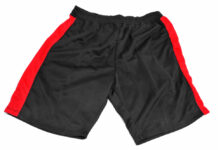
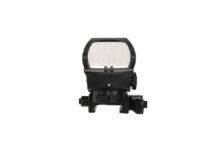

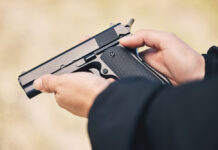

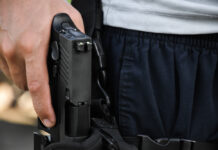


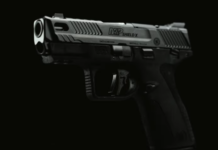
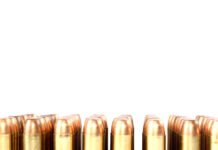
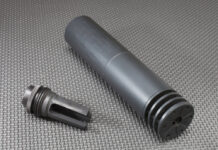
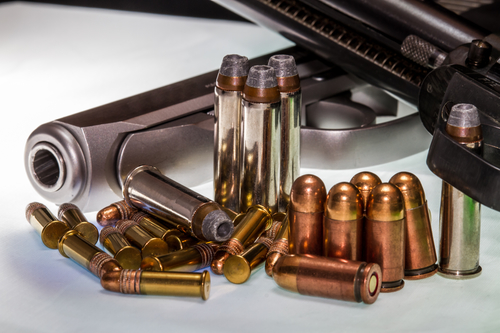
![5 Minute Concealed Carry Class [Video]](https://preparedgunowners.com/wp-content/uploads/2024/12/Depositphotos_268497618_S-100x70.jpg)



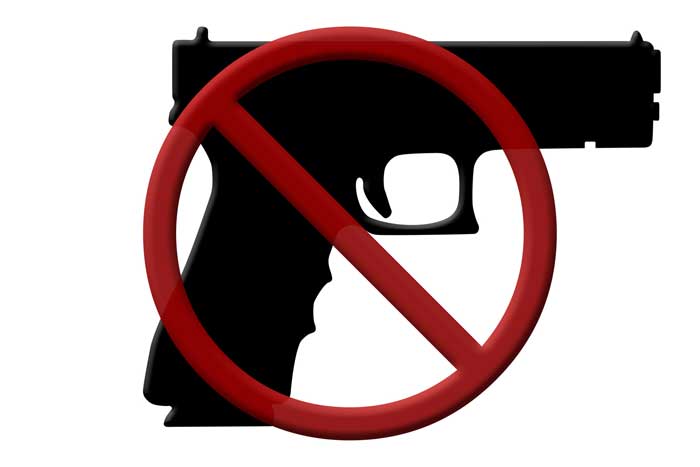





![Optic Ready vs Milled slides? [Video]](https://preparedgunowners.com/wp-content/uploads/2024/02/image-3-100x70.png)
![[Checklist] What Gear You Need To Take Pistol, Rifle & Shotgun Training Courses [Video]](https://preparedgunowners.com/wp-content/uploads/2023/07/Depositphotos_275087632_L-100x70.jpg)
![What is in Carter’s 2023 EDC? [Video]](https://preparedgunowners.com/wp-content/uploads/2023/07/Depositphotos_146856137_L-100x70.jpg)
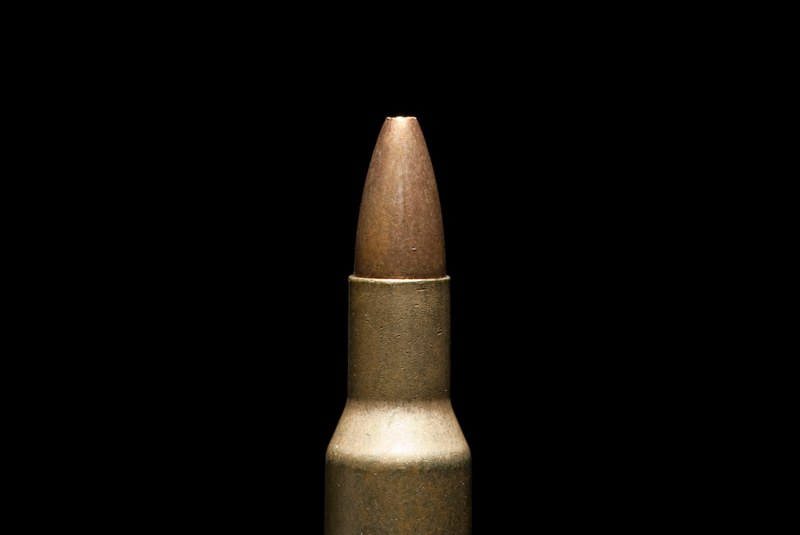
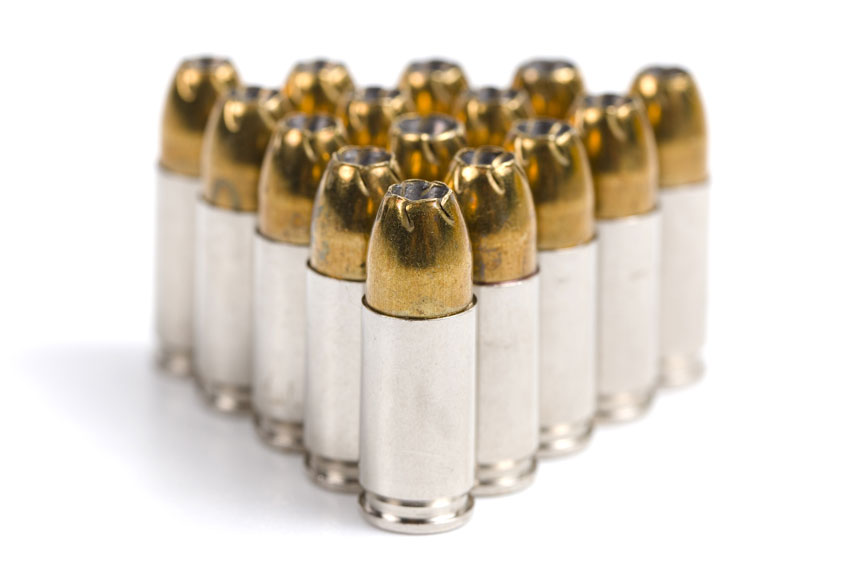
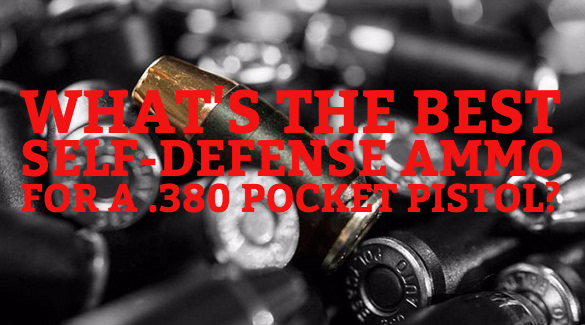
One comment; One SHOULD use the ammunition that the Police use when DEFENDING One’s self. Why?
When the lawyer asks which ammo you used, you can respond;
The same kind that Law Enforcement uses.
Meh, the real issue is repeatability and consistency. For hollow points, that means consistent expansion, which is often an issue with lower velocity rounds. Research and find a round that performs consistently in a handgun with the same length barrel as your gun. Tests on five inch barrels do not necessarily apply to a 3 inch pocket pistol that develops lower velocities.
The issue with hand loads is overstated. If I buy a bunch of rounds with Hornady Critical Defense bullets, and reload them with the same bullets, who is going to know that they are hand loads unless I admit it? Assuming they find out, then the issue is whether the other bullets in your gun show repeatable velocity when tested, so that the prosecutor has them tested the velocity isn’t all over the map, or is much higher than store bought rounds. If they perform on par with store bought rounds, then the prosecutor has nothing to argue about.
“But we don’t care about damage; we care about causing the bad guy not hurting us. And here we are dealing with actual, motivated human beings. We want them to break contact (to quote Claude Werner), not die. I believe that most of the serious researchers have come to the conclusion that there’s almost no difference in handgun calibers towards this end (breaking contact), which means that there’s almost no difference in the particular round you carry in a particular gun. ”
While I agree with the overall point made, I do have nit to pick with the above. Most studies do not, in fact, discuss in particular “…dealing with actual, motivated human beings.” Rather, they deal with all cases, which often include the majority of simple burglars, etc. that are not, in fact, that motivated to kill you, and value their life more than confronting you. What is really needed is to consider separately the category of attackers that ARE motivated to kill you, for whatever reason (psychosis, high on Angel Dust, thinks you boinked their wife, whatever) and who are NOT going to be deterred merely by having a gun pointed at them, fired at them, or even being shot. THIS category is much, much more dangerous, and the ability to physically put down or kill outright such a full on assault becomes dramatically more important.
Most studies take everything as a statistical average, lumping in the simple intruder who just wants to steal some loose change and surrenders the minute he finds himself confronted by the armed homeowner with the unhinged, Robotripping lunatic who wants to smash your head in with a hammer and WONT STOP UNTIL HE DOES JUST THAT! Even MULTIPLE hits with a decent caliber handgun or even RIFLE may be insufficient, so you do want any and every edge you can get.
Anyone who simple looks at statistical averages without deeper consideration of the extremes that make up that average is striving very hard to BECOME a statistic…
I have to question the accuracy of this article when I see this sentence “And, maybe you’ve decided that you want to use .38 Magnum or .40 caliber ammunition or some specialty ammunition.” Closest I have to a “.38 Magnum” would be a .38 +P and the real things to consider is the environment you might be shooting in..should the projectile shatter on impact,reducing the risk of it travelling on inflicting collateral damage on bystanders etc
Comments are closed.